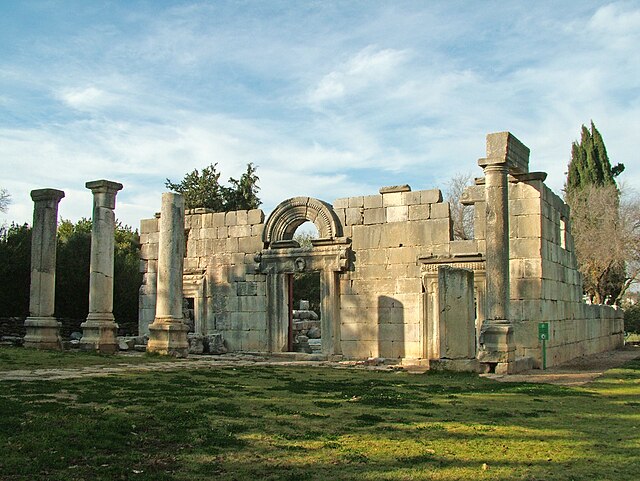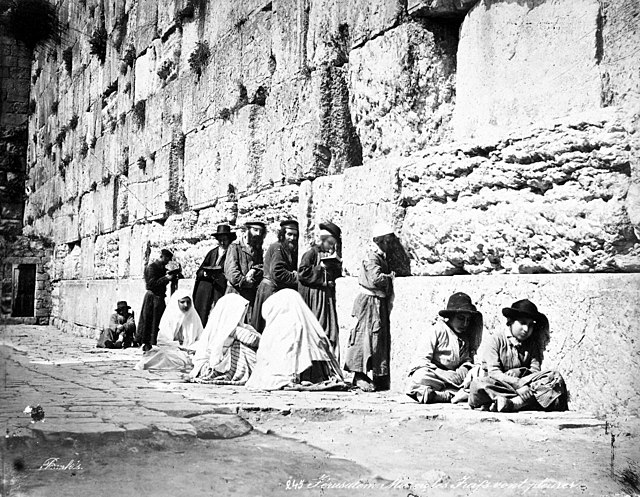The economy of Israel is a highly developed free-market economy. The prosperity of Israel's advanced economy allows the country to have a sophisticated welfare state, a powerful modern military said to possess a nuclear-weapons capability with a full nuclear triad, modern infrastructure rivaling many Western countries, and a high-technology sector competitively on par with Silicon Valley. It has the second-largest number of startup companies in the world after the United States, and the third-largest number of NASDAQ-listed companies after the U.S. and China. American companies, such as Intel, Microsoft, and Apple, built their first overseas research and development facilities in Israel. More than 400 high-tech multi-national corporations, such as IBM, Google, Hewlett-Packard, Cisco Systems, Facebook and Motorola have opened R&D centers throughout the country.
The Diamond Exchange District in Ramat Gan
Change in per capita GDP of Israel since 1950. Figures are inflation-adjusted to 2011 International dollars.
Israeli new shekel banknotes and coins
Bank of Israel
Israel, officially the State of Israel, is a country in the Southern Levant region of West Asia. It is bordered by Lebanon to the north, Syria to the northeast, Jordan to the east, the Red Sea to the south, Egypt to the southwest, the Mediterranean Sea to the west, and the Palestinian territories – the West Bank along the east and the Gaza Strip along the southwest. Tel Aviv is the country's financial, economic, and technological center. Israel’s governmental seat is in its proclaimed capital of Jerusalem, although Israeli sovereignty over East Jerusalem is of limited international recognition.
The Merneptah Stele (13th century BCE). The majority of biblical archeologists translate a set of hieroglyphs as Israel, the first instance of the name in the record.
3rd-century Kfar Bar'am synagogue in the Galilee
Jews at the Western Wall in the 1870s
The First Zionist Congress (1897) in Basel, Switzerland








